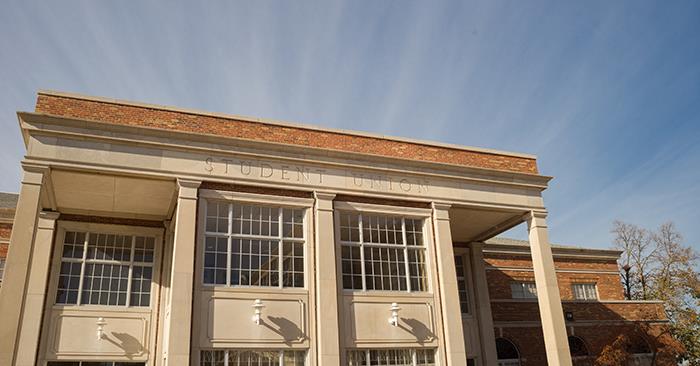Economist to Speak on Natural Disasters
Development economist Laura Grube will discuss lessons learned recovering from Hurricane Katrina and Superstorm Sandy at 7 p.m. April 24 in the Student Union Building Georgian Room C.
Hurricane Katrina (2005) and Superstorm Sandy (2012) are, respectively, the first and second most costly natural disasters in U.S. history. Hurricane Katrina and the floods that followed caused more than 1,800 deaths, resulted in more than $100 billion in damage and displaced 400,000 Gulf Coast residents. Superstorm Sandy resulted in more than 180 deaths and damages in excess of $60 billion.
In the aftermath of devastation, it may appear community rebound is unlikely. Nobel Prize winner Thomas Schelling projected the collective action problem would prevent community recovery following Hurricane Katrina. He argued the high costs of rebuilding, such as hiring contractors and replacing lost household items, along with unclear benefits tied to the decisions of others, would cause individuals to wait and see what others did. If everyone adopted this strategy, the community would not rebound.
Grube, a development economist at Beloit College, seeks to understand how individuals engage in social coordination and overcome the collective action problem. Specifically, she studied the role of entrepreneurs and the ways in which individuals leverage social capital to rebuild and recover. Her research is based on interviews conducted after Hurricane Katrina and Superstorm Sandy.
Sponsored by the Department of Economics, this event is free and open to the public.

